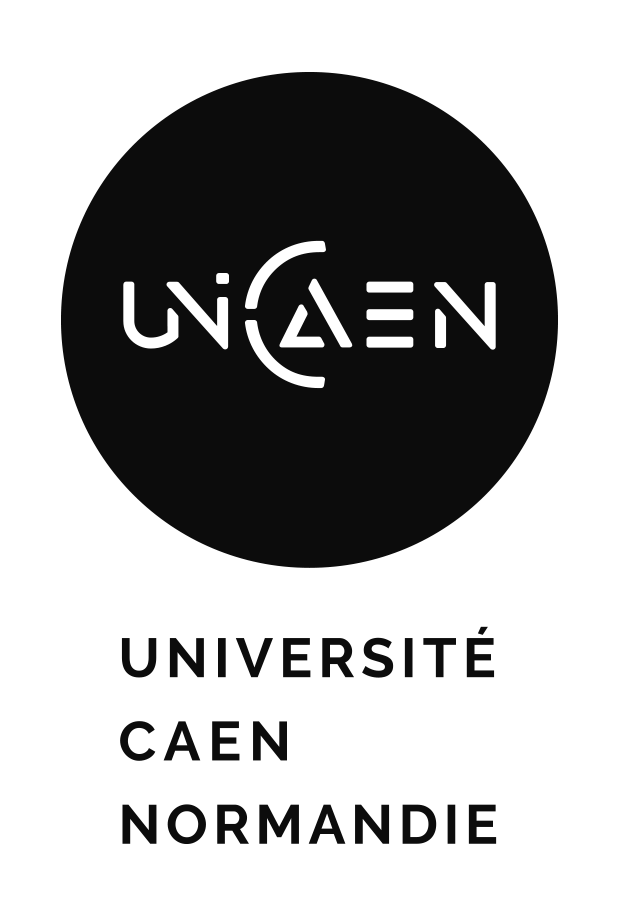ACT4GBM (2022-2025)
« Adoptive cell transfer of V?9Vd2 OAcGD2-CAR T cells to efficiently eliminate GBM cells »
Treatment options for Glioblastoma (GBM) are limited due to their strong heterogeneity and aggressiveness in an essential organ. Thus, therapeutic improvement in GBM is a real scientific challenge that might benefit from immunotherapy. While initial clinical trials were deceiving, they established the proof of concept of GBM intratumoral adoptive T cell transfer.
In this project, we design an original immunotherapy to target both adult and pediatric GBM by using human V?9Vd2 T cells (?dT) transduced with a chimeric antigenic receptor specific for the O-acetylated ganglioside GD2 (CAR-OAcGD2). Indeed, we have shown that OAcGD2 is specifically expressed in some GBM cells and its targeting exhibited an efficient antitumor activity in preclinical GBM models. While O-acetylation of GD2 has not been demonstrated in pediatric GBM, an upregulation of ganglioside synthesis pathway has been observed. On the other hand, ?dT infiltration in GBM is a positive prognostic marker and we have shown that human ?dT can efficiently kill GBM cells in preclinical orthotopic models. Thus, using molecular, biochemical and phenotypic methodologies, we will characterize CAR-OAcGD2 ?dT immunoreactivity against GBM cells, both in relevant preclinical models recapitulating GBM heterogeneity and aggressiveness. We will determine whether conventional treatments or other pharmacological treatment impact this immunoreactivity. We will investigate how to identify patients eligible for our strategy. Finally, we will establish a protocol allowing GMP production of CAR-OAcGD2 ?dT, from healthy donor or patient, for their potential translation in clinic in allogenic or autologous settings.
This proposal involves five teams in distinct locations (Nantes, Angers, Caen, Paris) with strong clinical expertise on Glioblastoma (adult and pediatric), strong basic research background and strong complementary technical expertises as well as a team with extensive expertive in experimental ACT transfer to clinic.
Parterns : ISTCT (Caen), CRCINA (Nantes), Service de Neurochirurgie, (Angers), U981 INSERM-Gustave Roussy (Villejuif)


 Français (France)
Français (France)  English (United Kingdom)
English (United Kingdom) 
